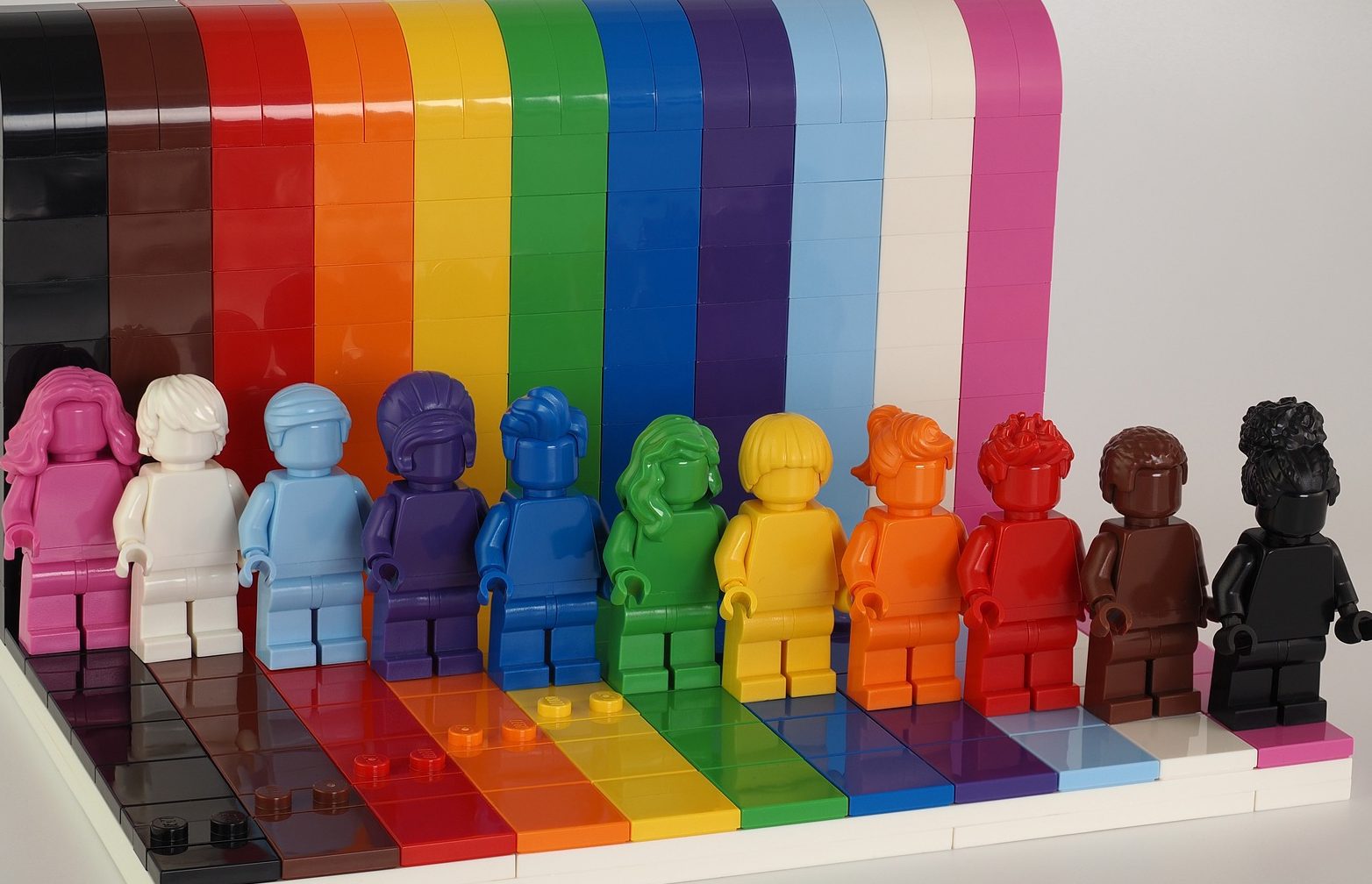
OutLaws: Exposing the global human trafficking of LGBTQ youth
LGBTQ youth made up a disproportionately high percentage of human trafficking victims across the United States, according to a study conducted by anti-slavery group Polaris, and LGBTQ minors experience myriad forms of force, fraud, or coercion on a routine basis.
To further examine the ongoing plight of LGBTQ trafficking victims across the globe, Thomson Reuters Institute convened a webinar, Taken: Exposing Global LGBTQ Human Trafficking, on June 9 to discuss global LGBTQ+ human trafficking from an international perspective.
Drawing on her work in Canada, panelist Ashley Franssen-Tingley, Director of Stakeholder Relations at The Canadian Centre to End Human Trafficking, debunked the misconception that the only form of human trafficking involves abducting women and girls from parking lots and forcing them into commercial sex. In reality, she explained, human trafficking is a much larger problem, encompassing a variety of people being trafficked into an array of labor industries.
While human trafficking affects all demographics of people, LGBTQ+ people are particularly susceptible, panelists suggested, identifying some major challenges that render LGBTQ+ people uniquely vulnerable, including persecution based on sexual orientation or gender identity, discrimination in the workplace, and language access. Indeed, traffickers frequently target characteristics disproportionately present within the LGBTQ+ population, such as a lack of strong support networks, financial strain, a history of violence, and general social marginalization, panelists noted. Other groups most vulnerable to trafficking around the world include people without homes, young people in foster care, and sex workers, each of whom is disproportionately comprised of LGBTQ+ people — for example, in the United States an estimated 40% of youth experiencing homelessness are LGBTQ+.
Facing an elevated risk
LGBTQ+ people face an especially difficult time accessing resources to escape human trafficking, panelists explained, noting, for example, that members of the LGBTQ+ community are at an elevated risk of experiencing negative interactions with law enforcement because of institutionalized homophobia and transphobia throughout the criminal justice system. Panelist Lynly Egyes, Legal Director at the Transgender Law Center, said that LGBTQ+ people in the U.S. are not often seen as victims of trafficking, nor able to tell their stories safely due to bias in law enforcement.
And the situation is especially dire for trans people, who often struggle to be heard, understood, and believed in general, Egyes explained, adding that transgender people being trafficked face an increased risk of police brutality. Many transgender people have a history of abuse by law enforcement, and as a result are reluctant to seek help from police. Traffickers specifically target transgender people because they think that most transgender people will not only be loath to engage police, but also face an uphill climb overcoming implicit transphobia or skepticism.
Another panelist, Kieran Guilbert, Slavery and Trafficking Editor at the Thomson Reuters Foundation, predicted that the coronavirus pandemic will not only exacerbate existing vulnerabilities, but also create new ones — people will lose their jobs, and frontline service providers will lose funding and be unable to work at full capacity. Such conditions threaten to drive people who were already in desperate situations before the pandemic, including members of the LGBTQ+ community, into more exploitative work, such as forced sex work and forced labor. Additionally, the pandemic has driven young people out of school and online, and that has contributed to a “huge increase in recent months in online sexual exploitation,” Guilbert said. This is concerning for LGBTQ+ people who are frequently targeted online, and especially worrisome for those who live in countries where being “out” as LGBTQ+ individual can lead to imprisonment, violence, or death.
Lastly, the panel outlined ways to combat the trafficking of LGBTQ+ individuals. After recognizing that cases of human trafficking can vary widely — with some presenting numerous “red flags” and others having no clear indicators — the panel delivered the following recommendations:
- Those wanting to donate should fund community-led solutions;
- Concerned citizens and NGOs can create safe spaces and peer-led support groups (instead of forcing survivors to report to police);
- Direct service providers can offer culturally informed services that are gender-friendly;
- Politicians and activists can push for access to affirming healthcare for all; and
- Legislatures can eliminate laws that disproportionately harm survivors of trafficking (for example, by fully decriminalizing sex work for consenting adults).
As the co-founder and executive director of AsylumConnect, I have seen the extreme hardships and numerous compounded marginalization experienced by LGBTQ+ individuals both domestically and abroad.
In order to combat trafficking of the LGBTQ+ community, we must address the systemic failures which have left LGBTQ+ individuals especially vulnerable to exploitation and abuse in the first place. Efforts to improve biased institutions — from the criminal justice system to healthcare to the job market — and to promote public of LGBTQ+ rights will not only help advance equality overall but will also prevent further exploitation.
Read more here.
